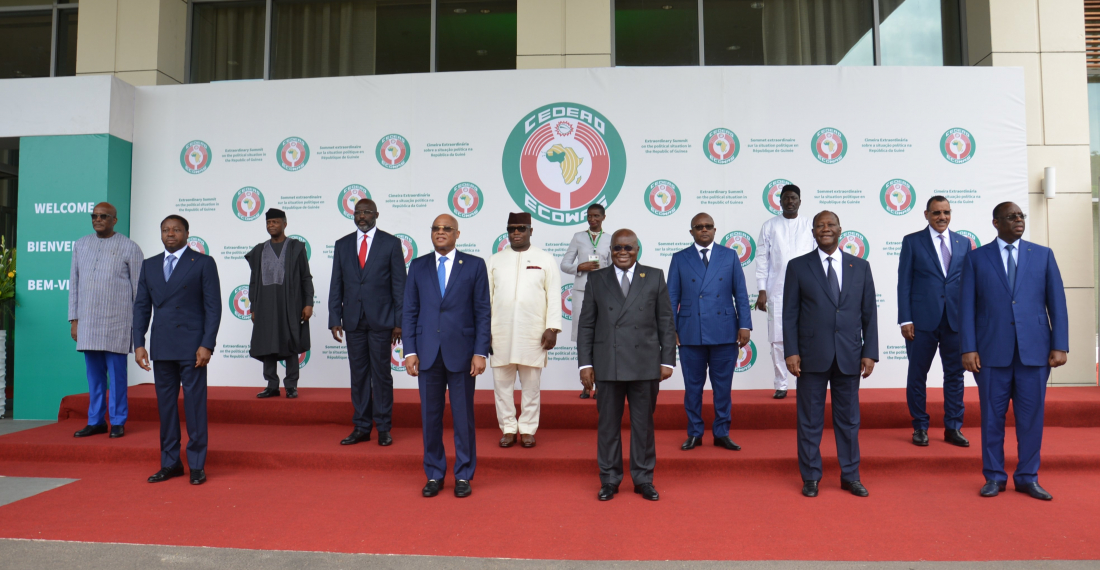During a summit in Nigeria on Sunday (12 December), the leaders of the member states of the Economic Community of West African States (ECOWAS) once again called on Mali to organise elections in February, threatening to impose additional sanctions on the country if the Malian authorities fail to commit.
“The heads of state, after long discussions, have decided to maintain the date of 27 February 2022 for the organisation of elections in Mali. They decided on the entry into force of additional sanctions in January 2022” if the authorities do not honour their initial commitment to hold elections supposed to bring civilians back to power on that date, the president of the ECOWAS Commission, Jean-Claude Kassi Brou, told the press.
Gathered in Abuja, the ECOWAS leaders ignored the appeasement attempt made by the Malian transitional president, Colonel Assimi Goïta, who had pledged before the summit to submit an electoral calendar before 31 January. They gave the Malian authorities until 31 December to present a plan for the elections to be held on schedule.







